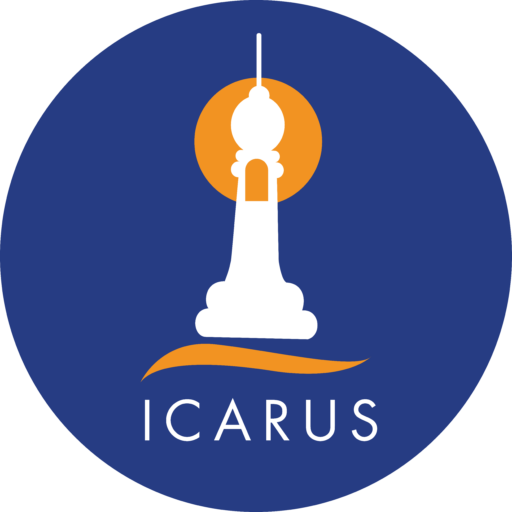Where does the practice come from? What is the context in which the practice was created and experimented first?
The “Soft Skills” project is a European Commission initiative that aims to improve the match between the skills of workers and the needs of the labour market.
The European Commission works with EU countries to strengthen the common framework of key competences, in other words knowledge, skills and behaviours that will help the learners in their personal fulfilment and, later, in their job search and participation in civil society. These key competences consist of ‘traditional’ and ‘horizontal’ skills. At a time when the world of work is changing profoundly and the global economy is not creating a sufficient number of jobs, there is a growing emphasis on those ‘horizontal’ skills. Indeed, employers want their new employees to have both good interpersonal and technical skills. Those “soft” skills are human skills, personality traits and know-how-to-be.
In this context, the development of “soft skills” is particularly important to enable people with low qualifications or disabilities to meet future challenges. In its current form, vocational training, based on a formal organization, does not meet the expectations of people with low levels of qualification who often do not have access to formal training. It is therefore essential to develop a new vision of training and to add the acquisition of “soft skills”.






